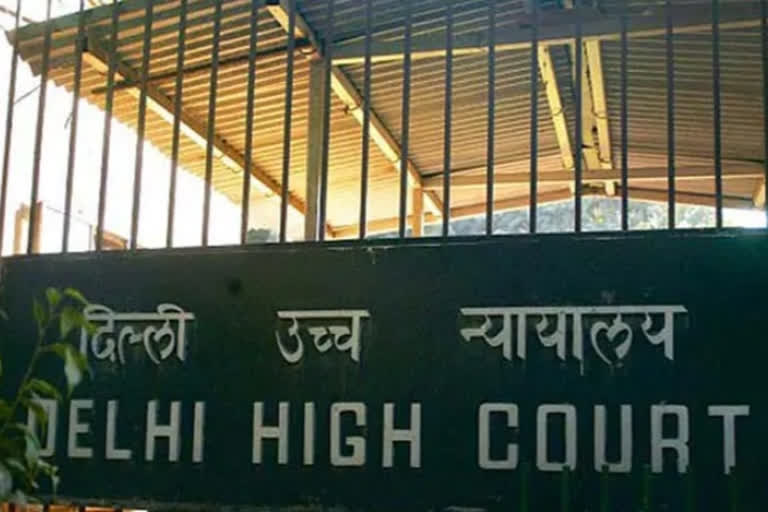New Delhi: The Delhi High Court on Friday suggested formulating a plan to publicise the crowdfunding platform created by the central government under the national rare diseases policy across all Navratna companies as well as the private sector.
Justice Prathiba M Singh, while dealing with a batch of petitions for the treatment of children suffering from rare diseases, said although the platform became operational pursuant to an order passed by the court in 2021, it needed to be publicised to attract funding from the general public as well as corporate entities and public sector undertakings (PSUs).
Accordingly, it is directed that a plan be prepared for publicising the crowdfunding platform across all the Navratna companies and the top 10 private sector companies at least, the court said. The court said the details of the crowdfunding platform should be communicated to these entities to enable them to consider contributing under their Corporate Social Responsibility (CSR) account and asked for the responses received pursuant to these communications be placed on record.
The petitions have been filed on behalf of children suffering from rare diseases, including Duchenne Muscular Dystrophy (DMD) and Mucopolysaccharidosis II or MPS II (Hunter Syndrome), seeking direction to the Centre to provide them uninterrupted and free-of-cost treatment as the therapy is very expensive.
DMD, one of the various forms of muscular dystrophy, is a rare genetic disease that almost exclusively affects boys and causes progressive weakness. MPS II is a rare disease that is passed on in families and mainly affects boys. The bodies of these patients cannot break down a kind of sugar that builds bones, skin, tendons and other tissues.
On Friday, the court observed that DMD being a rare disease which is prevalent in a large number of patients in India, indigenous development of therapy is extremely crucial in order to avoid spending on expensive medication that is not easily available in the country. The same (medication for DMD) is in fact imported from the US and thus, if the trial is approved and allowed to be completed and if it is successful, the same could act as a major solution for patients suffering from DMD in India, the court observed.
It noted that the clinical trials of an indigenous therapy by a company have been delayed due to lack of funds and asked the central government counsel to seek instructions on releasing a sum of Rs 5 crore on an urgent basis to enable the company to commence the trials. As per the agreement, 50 per cent of the fund for this study was to be contributed by the government and the other half by the company, the court noted.
The court asked the company concerned to record an affidavit detailing its funding, the patients, the drug regulator's approval and the manner in which the phase two and phase three trials are to be conducted. The court asked the Centre to file an affidavit in relation to the compliance of its earlier direction on the transfer of unspent budget allocated for rare diseases to the 'Rare Diseases Fund' and also provide data on the number of patients who have been recommended treatment by the Centres of Excellence and for how many patients money has been disbursed.
The court also asked the Centre to state the timelines being followed in approving recommendations for such grants. It also asked the AIIMS to inform it about the expected timeline for receiving the medicine and starting its administration to certain DMD patients. The matter will now be heard on December 22. (PTI)



